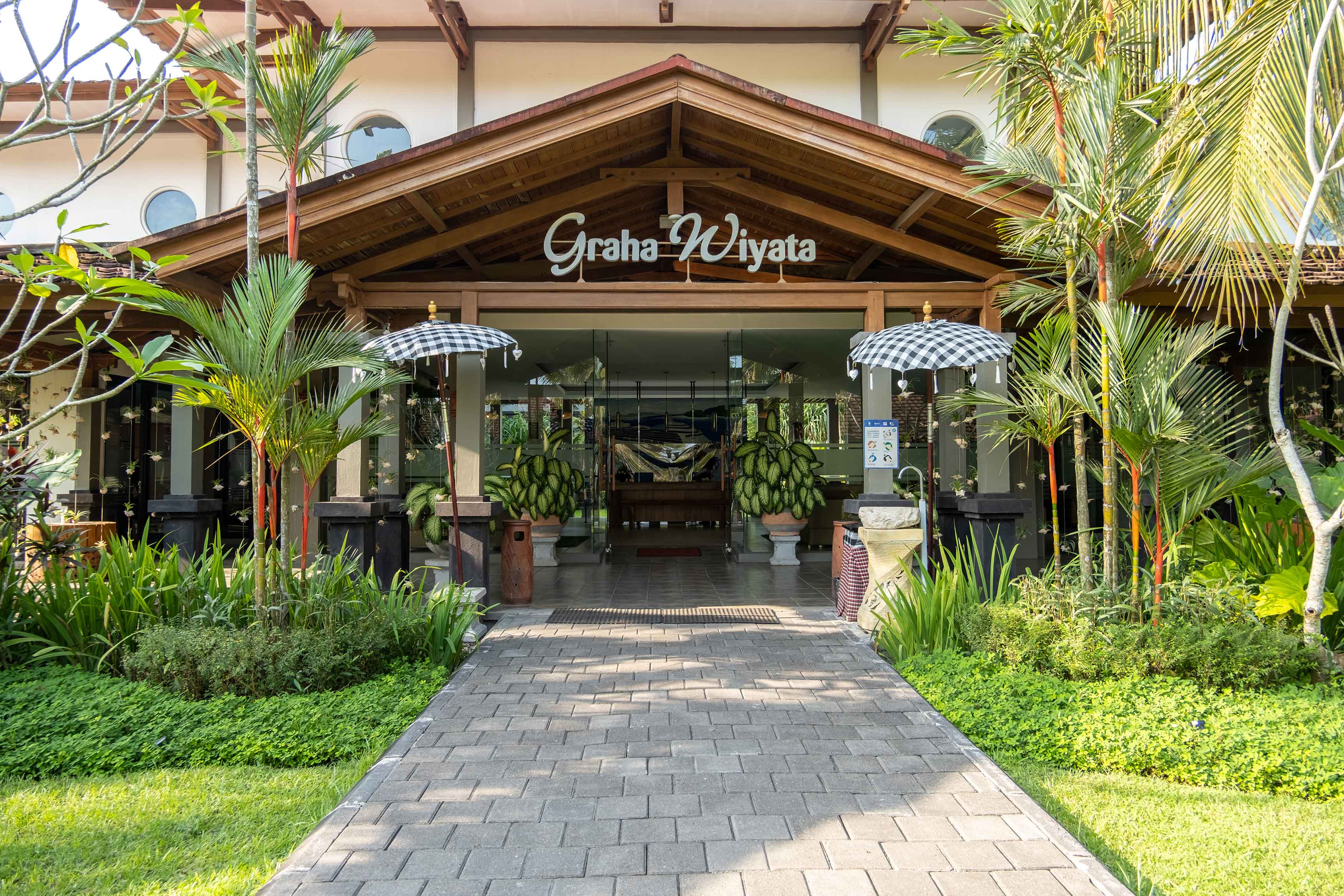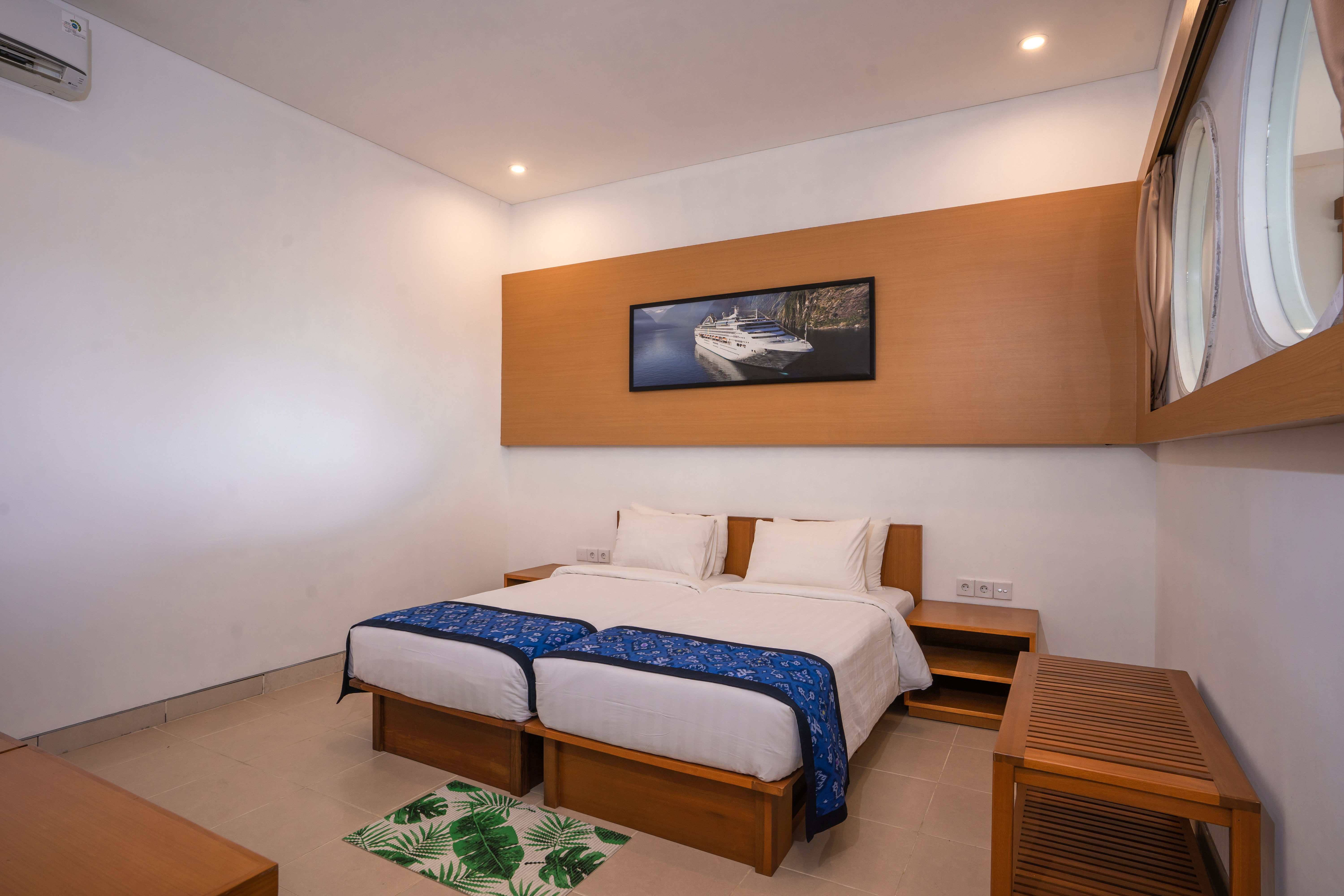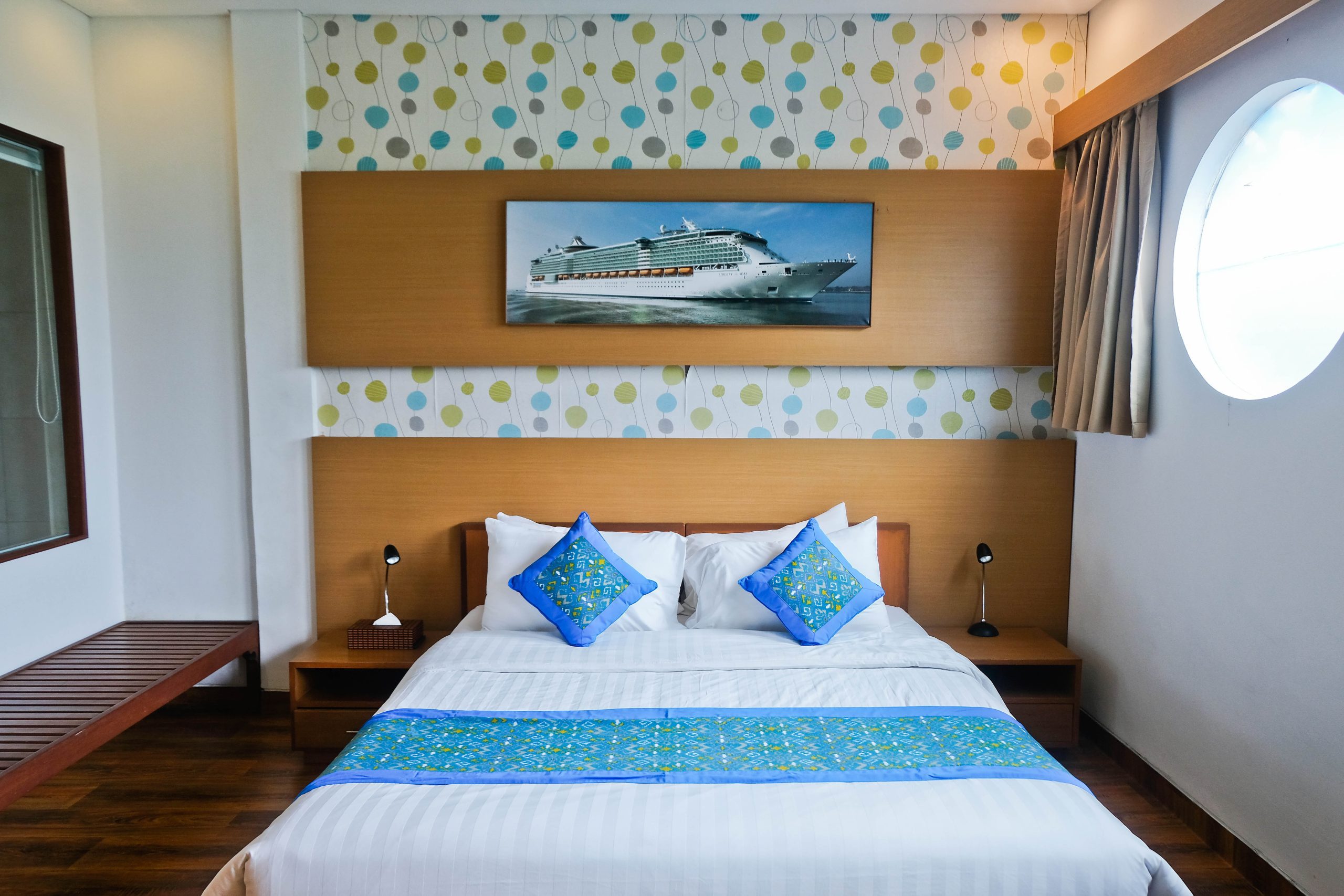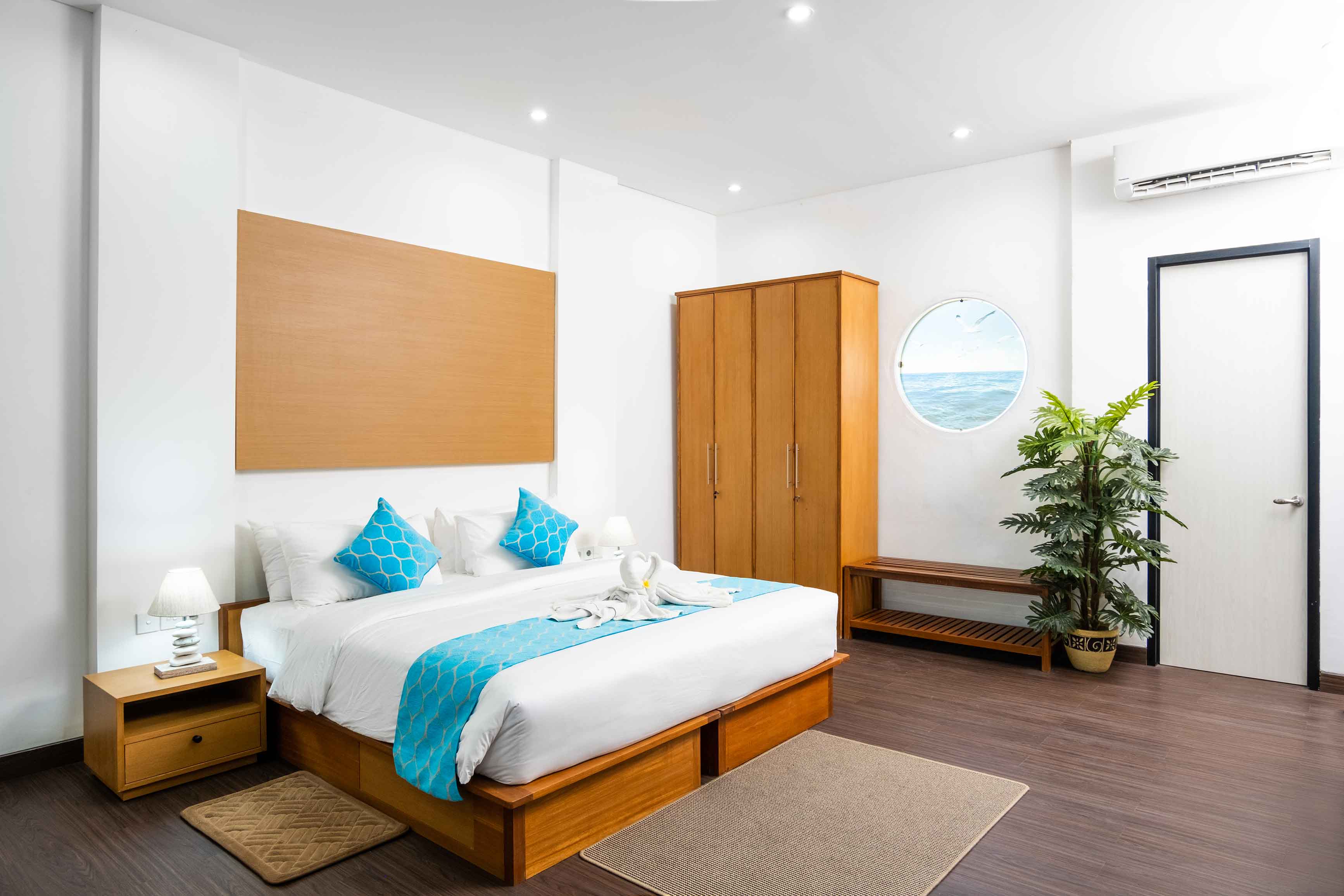
The “Young Entrepreneur & Leadership Camp” is a 17-day intensive program aimed at empowering young leaders and aspiring entrepreneurs with the knowledge, skills, and mindset needed to succeed in the business world. This course is designed to provide participants with a comprehensive understanding of entrepreneurial principles, leadership development, and innovation strategies. Through a combination of lectures, hands-on workshops, and real-world case studies, students will learn how to build and manage successful ventures, develop essential leadership qualities, and navigate the challenges of running a business in a globalized world. The program also includes exciting excursions to various Bali destinations, where participants can engage with local businesses and experience firsthand the entrepreneurial spirit of the island.
Visit a local startup incubator and meet with young entrepreneurs
Trekking in Ubud’s rice terraces and team-building exercises
Tour of a successful eco-friendly business in Bali
Visit a Balinese crafts business that has successfully scaled through digital marketing
Workshop with a Bali-based social enterprise focusing on sustainable finance
Visit a co-working space where local and international digital nomads collaborate on innovative projects
Participate in a pitch event at a Bali entrepreneur network
Team-building activities at the Bali Treetop Adventure Park
Meet with a sustainable resort that practices ethical and eco-friendly business
Explore a successful family-run business in Bali and learn about leadership in a team-oriented culture
Visit an NGO to understand the importance of businesses focused on social impact
Visit a fast-growing tech startup in Bali to understand scalability
A free day to explore Bali’s beaches or work on final presentations
Networking event with Bali-based entrepreneurs, followed by a closing ceremony
This course is perfect for:
Welcome to Graha Wiyata Hotel
Nestled in the serene surroundings of Jl. Pantai Nyanyi, Beraban, Tabanan, Graha Wiyata Hotel is a premier accommodation designed to offer comfort and convenience for guests of Politeknik Internasional Bali (PIB) and beyond. With its impeccable service and modern amenities, Graha Wiyata is an ideal place to unwind, whether you’re here for business, study, or leisure.
Our Rooms
Choose from our three elegantly designed room types, tailored to meet every need and preference:
Each of our 43 rooms is thoughtfully designed with contemporary decor, plush bedding, and all the modern conveniences to ensure a memorable stay.
Standard Room
Deluxe Room
Suite Room
Amenities & Location
Located on the picturesque Jl. Pantai Nyanyi, the hotel is surrounded by tranquil natural beauty and is just a short drive from Bali’s iconic landmarks. Graha Wiyata also boasts convenient access to PIB College facilities, making it a preferred choice for students, families, and business travelers.
civitas
Address
Jalan Pantai Nyanyi, Beraban, Kec. Kediri, Kab Tabanan, Bali. 82121
Contact
Office
(+62) 361 880099
Student Admission